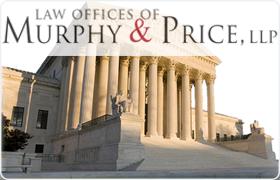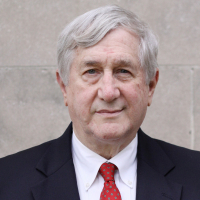Tyaskin Criminal Lawyer, Maryland
Sponsored Law Firm
-
 x
x

Click For More Info:
-
Murphy & Price, LLP
12216 Ocean Gateway Suite 500 Ocean City, Maryland 21842» view mapFederal & State Criminal Defense, DUI/DWI When Cases Are Serious, Look to Us
If you are under criminal investigation, or have been charged with a serious crime, we have lawyers ready and able to prevent loss of your freedom and reputation.
800-871-0830
Harold Stanley Link
✓ VERIFIEDCriminal, Divorce & Family Law, Motor Vehicle, Accident & Injury, Wills & Probate
Owner and managing attorney of the Law Office of Harold S. Link, which has been affording quality legal services at an affordable price for more than ... (more)
Robert Emerson Laird
Dispute Resolution, Juvenile Law, Criminal
Status: In Good Standing Licensed: 36 Years
Mark Andrew Tyler
Criminal, Administrative Law, Family Law, Juvenile Law
Status: In Good Standing Licensed: 21 Years
David Weck
Estate Planning, Divorce & Family Law, Criminal, Civil Rights
Status: In Good Standing Licensed: 16 Years
Andrew M. MacDonald
Divorce & Family Law, White Collar Crime, DUI-DWI, Criminal, Bankruptcy
Status: In Good Standing
John Kevin Phoebus
Divorce & Family Law, DUI-DWI, Criminal, Contract, Personal Injury
Status: In Good Standing
Luke Americus Rommel
Criminal, Corporate, Personal Injury
Status: In Good Standing Licensed: 20 Years

 J. Dennis Murphy Ocean City, MD
J. Dennis Murphy Ocean City, MD About UsMurphy & Price, LLP
About UsMurphy & Price, LLP FAQ'sCriminal Defense
FAQ'sCriminal Defense

